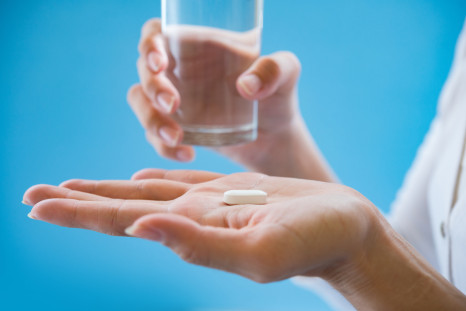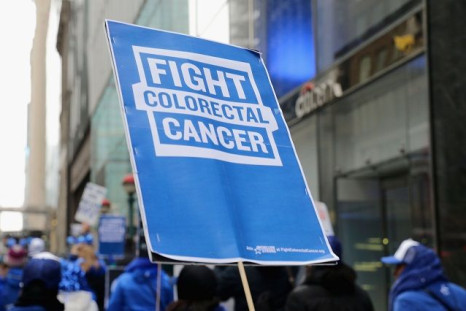Colorectal cancer

Colorectal Cancer Before 50 Linked To Common, Often-Missed Condition Affecting Millions Of Americans
A new study reveals a surprising contributor to early-onset colorectal cancer, a condition that is both widespread and frequently overlooked. 
Colorectal Cancers In Young Adults: Childhood Exposure To Common Gut Bacteria To Blame?
Researchers now believe they may have uncovered a hidden culprit behind the rising cases of colorectal cancer among young adults. 
Have This Gut Healthy Snack Twice A Week, It Can Protect You From Aggressive Colorectal Cancer
A new study discovered that a popular gut-healthy snack could offer protection against colorectal cancer, a finding that offers hope as cases rise, particularly among young adults. 
Struggling With Constipation? Try These Foods For Relief—One May Lower Colorectal Cancer Risk, Says Doctor
For those tired of listening to age-old add more fiber to diet advice, here's something more specific that you can try. 
From Night Sweats To Changes In Bowel Habits: Colorectal Cancer Survivor Reflects On Red Flags He Overlooked
"Don't risk your life by waiting to see a doc. Early screening could save you and your family," Joe Faratzis, a colorectal cancer survivor said sharing his story on TikTok. 
Best Time To Exercise? Study Finds Two Key Times To Lower Colorectal Cancer Risk
According to new research, getting active at two specific times of day may significantly lower the risk of colorectal cancer. 
Common Drug Could Cut Colorectal Cancer Risk In People With Unhealthy Lifestyle: Study
Researchers have found that regular use of aspirin could slash colorectal cancer risk in people already at risk from unhealthy lifestyles. 
Skipping 10 Bacon Slices Weekly Could Save Thousands Of Lives In US: Study
Researchers now reveal that cutting out just 10 slices of bacon each week could significantly reduce thousands of deaths from cardiovascular disease, diabetes, and colorectal cancer. 
Long-Term Daily Use Of Aspirin Helps In Prevention, Progression Of Colorectal Cancer: Study
Regular aspirin use may have an active role in enhancing immunosurveillance against colorectal cancer, the study revealed. 
Bowel Cancer Signs Can Appear 2 Years Before Diagnosis; 4 Symptoms To Watch Out For
The study warns people to watch out for the 4 signs that appear between three months and two years before the diagnosis.



























